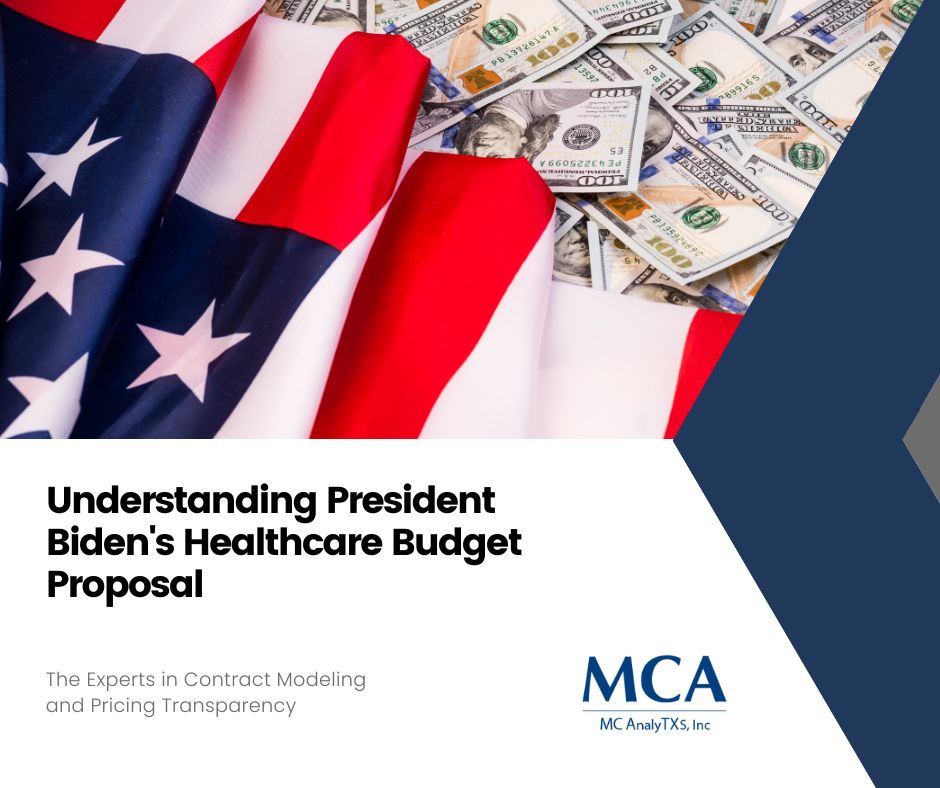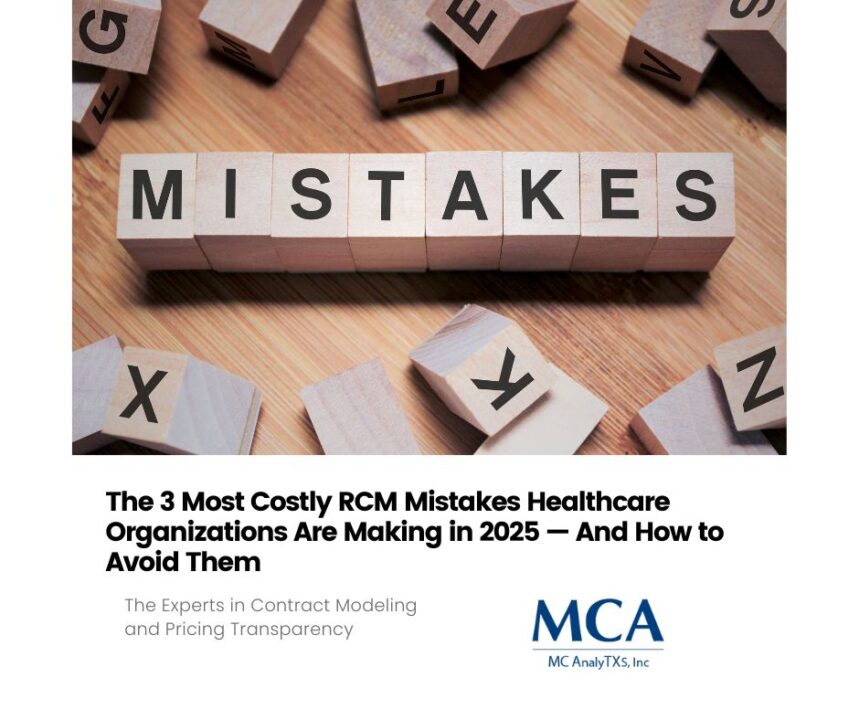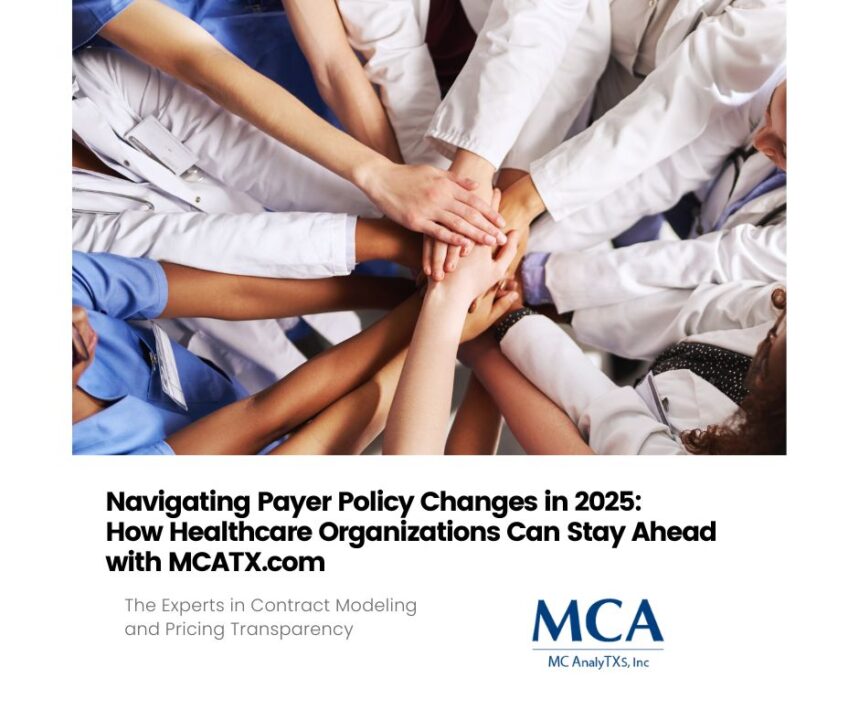
Accelerated Medicare Payments: Impact and Implications
March 11, 2024
Value-Based Purchasing and Alternative Payment Models in Healthcare
March 15, 2024Healthcare professionals play a critical role in society, standing on the front lines of public health and patient care. The proposed $7.3 trillion budget by President Joe Biden is not just a fiscal plan; it is a mandate that can potentially reshape the healthcare landscape. With a focus on reducing costs for Americans and deploying extensive cybersecurity measures, this budget is set to usher in significant change in the healthcare sector. For healthcare workers, understanding the implications of this monumental proposal is not just helpful—it’s essential. In this article, we unpack the intricacies of President Biden’s budget from a healthcare professional’s perspective, highlighting what you need to know about the future of healthcare in the United States.
Key Initiatives in the Healthcare Budget
One of the most profound aspects of President Biden’s budget is its emphasis on healthcare—a sector that swiftly rose to prominence in public discourse, particularly in the wake of the COVID-19 pandemic. The proposal includes measures aimed at substantially lowering healthcare costs for Americans. These measures encompass plans to decrease prescription drug prices, increased funding for mental healthcare, and substantial support for Medicare and Medicaid.
The budget also allocates a remarkable $800 million for hospital cybersecurity, an area of growing concern for the healthcare industry. This reinforces the President’s commitment to fortifying the sector against the increasing threat of cyber-attacks, an investment that seeks to ensure patient data security while supporting hospital management.
Lowering Healthcare Costs for Americans
The President’s proposed budget takes a multi-faceted approach to address the issue of escalating healthcare expenditures. From negotiating lower prescription drug prices to expanding the eligibility for premium tax credits—in an effort to make insurance more affordable—the budget aims to ease the financial burden on American families. Healthcare professionals can look forward to initiatives that support the delivery of cost-effective care, thereby improving patient outcomes.
Investment in Hospital Cybersecurity Protection
With the healthcare sector becoming a prime target of cybercriminals, the significance of bolstering cybersecurity cannot be overstated. The budget’s substantial investment in this area is a testament to the urgency the administration places on protecting critical healthcare infrastructure. Healthcare professionals will benefit from an increased focus on data security, a crucial element in maintaining patient trust and the integrity of medical services.
Impact on Healthcare Professionals
The implementation of the healthcare budget’s initiatives promises significant positive impacts on those within the healthcare ecosystem. Improved patient care and enhanced access to services are core benefits that can be expected. Healthcare professionals will find in these changes an opportunity to refocus on their primary objective—the health and well-being of their patients.
Improved Patient Care and Access
The budget’s proposal to reduce healthcare costs will likely lead to greater access to essential medical services for many Americans. This broadened reach will necessitate a healthcare workforce that is poised to meet increased demand. Professionals can take solace in the fact that their dedication to the field is supported by a system that values inclusivity and accessibility.
Enhanced Cybersecurity Measures for Hospitals
The incorporation of robust cybersecurity measures in hospitals is a direct acknowledgment of the risks medical institutions face in the digital age. The budget seeks to provide healthcare professionals with the necessary tools and support to ensure that patient data remains secure and services remain uninterrupted. This protective infrastructure will foster an environment where healthcare workers can operate with confidence and patients can trust in the security of their information.
Analysis of the Budget’s Implications
The healthcare budget’s implications are far-reaching and complex, carrying both challenges and opportunities for professionals in the industry. Understanding these implications is pivotal in navigating the evolving healthcare landscape with foresight and adaptability.
Potential Challenges and Opportunities for Healthcare Professionals
Adapting to budgetary cuts and realigning operational strategies to fit within new fiscal frameworks is likely to present challenges for healthcare organizations and professionals. However, these obstacles come with a silver lining. The budget’s investments in new technologies and care delivery methodologies present opportunities for innovation and professional growth. Strategic partnerships with public health agencies and private sector entities can help professionals overcome financial constraints and contribute to a more sustainable healthcare model.
Long-term Effects on the Healthcare Industry
The long-term effects of President Biden’s proposed budget on the healthcare sector could be profound. A more cost-conscious and secure healthcare environment may lead to a paradigm shift in how medical services are delivered and received. This shift could cultivate a more efficient, equitable, and patient-centered healthcare system.
Conclusion
At its core, President Biden’s $7.3 trillion budget proposal is a beacon for change in the U.S. healthcare sector. Its initiatives aim to redefine healthcare accessibility, affordability, and security. For healthcare professionals, this marks the beginning of a new chapter—one filled with both challenges and opportunities. Staying informed and involved in the dialogue surrounding the budget is imperative for those who are dedicated to the advancement of healthcare in America. By understanding the intricacies of these proposals, professionals can prepare to play a vital role in the transformation of the healthcare industry.
Stay connected with industry updates, engage in professional development opportunities, and advocate for policies that support the healthcare community. In a landscape as dynamic as healthcare, your expertise and insights are invaluable. Be an active participant in the ongoing conversation about President Biden’s budget and its implications for the healthcare sector, and be part of the change that is shaping the future of healthcare in the United States.





